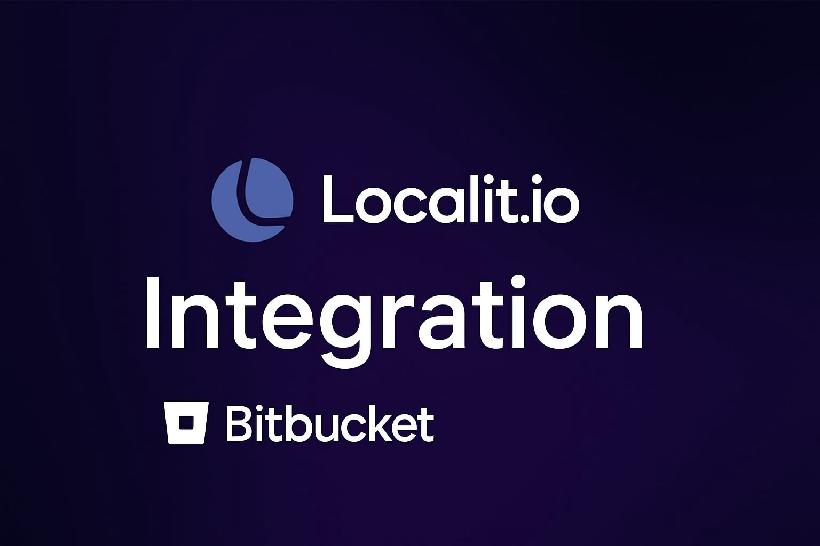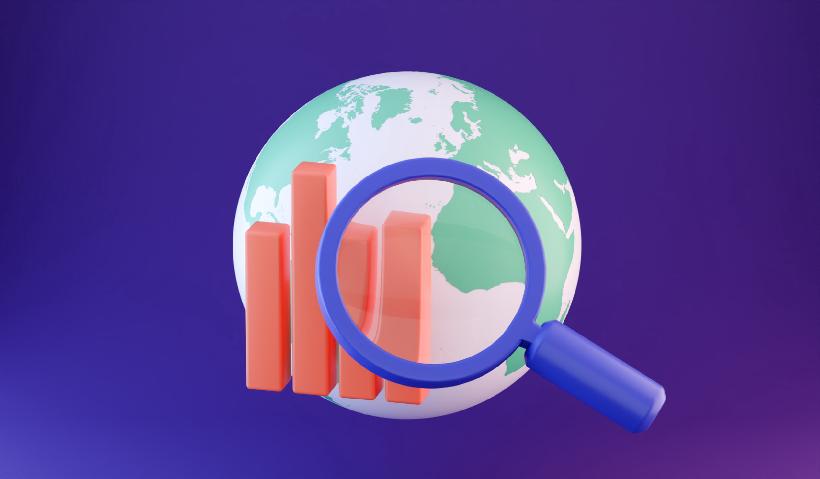Online content comes in all shapes and sizes. And especially languages. And although we appreciate the beauty of all global official languages, some do stand out. Primarily, for the number of native speakers and the prevalence of their Internet usage.
When choosing to launch a localization project, you will be influenced by a multitude of factors when determining which regions to enter. These can be the nature of your business, your localization goals, what resources you have at your disposal, or other. But it's also worthwhile to pay attention to the most common languages used on the Internet. Let's dive in and find out more.
Most Spoken Languages Globally in 2024
A good place to start is to look at the sheer numbers of speakers of languages in the world.
| Language | Number of Speakers | Main Countries Where Spoken |
|---|---|---|
| English | 1.456 billion | United States, United Kingdom, Canada |
| Mandarin Chinese | 1.138 billion | China, Taiwan, Singapore |
| Hindi | 610 million | India, Nepal, Fiji |
| Spanish | 559 million | Mexico, Spain, Colombia |
| French | 310 million | France, Democratic Republic of the Congo, Canada |
| Standard Arabic | 274 million | Egypt, Saudi Arabia, Algeria |
| Bengali | 273 million | Bangladesh, India (West Bengal) |
| Portuguese | 264 million | Brazil, Portugal, Mozambique |
| Russian | 255 million | Russia, Belarus, Kazakhstan |
| Urdu | 232 million | Pakistan, India |
Note: The number of speakers includes both native and non-native speakers. These figures are based on data from Ethnologue and other linguistic research sources.
Yes, multilingual people exist, and the knowledge of English is higher in certain parts of the world (like Scandinavia and Benelux). But you can't really argue with these stats, English comes out on top. Now, let's see if these numbers match the Internet penetration stats.
Most Used Languages on the Internet
Translation and localization are likely to land better if there are enough speakers and not enough content online. Statista offers us insights into top languages on the Internet and what it says about the market.
English - 52.1%
English deservedly tops the list. This is your go to language for anything: business, communication, travel, media, entertainment. English is a primary or secondary language in over 100 countries around the world.
Main Variants: US, UK, Australian
Spanish - 5.5%
The second most popular language online is Spanish. It has a very rich history and is also relatively easy to learn. Spanish is spoken primarily in Europe and Latin America. The main variants deserve to be looked at separately but are still very much mutually intelligible. Turn to Spanish as an entryway into a region with growing economic heft and global importance.
Main Variants: Castilian, Mexican, Andean
German - 4.8%
German comes third and represents the strength of Germany as an economic powerhouse of the EU. Mastering German is not easy as you have to deal with 4 grammatical cases and incredibly long nouns. But once you unlock its potential, top European economies will be very receptive to your offers. With around 100 million speakers to target, you are sure to find a customer.
Main Variants: High, Austrian, Swiss
Russian - 4.5%
Russian ranks fourth on the list and is spoken across many regions around the world. The language of Tolstoy, Dostoevsky, and Chekhov is useful when trying to find your way into the varied post-Soviet space where many people still speak it as a primary or secondary language. However, here you will have to deal with 7 cases and the Cyrillic alphabet. So buckle up if you choose Russian for your localization.
Japanese - 4.3%
Japanese is ranked fifth and has around 120 million speakers primarily in Japan itself. This position reflects Japan's prominent position in the world as a technological haven and a cultural powerhouse. Mastering a localization project in Japanese is a huge undertaking but a super rewarding one. Just remember to keep in mind different writing systems, special grammar, and the polite tone of voice embedded in the language.
French - 4.3%
Vive la France! French is my personal favorite on the list. Being the second-most studied language in the world, French attracts people and businesses alike due to its importance in the world, wide geographic presence, and economic heft. Although more complicated than Spanish, it is still a Romance language that can be learnt relatively quickly. French rightfully enjoys a spot (number 6) in the list of languages most frequently used online.
Main Variants: Metropolitan, Quebec, Swiss
Portuguese - 3.1%
Known for its nasal vowels and distinctive sounds, Portuguese is unsurprisingly on this list (at number 7). Although the number of speakers in Portugal itself is dwarfed by that in Brazil and Africa, Portuguese is still a very rich and culturally prevalent language in the world. Learning it is relatively easy, just get ready for a very different sound to, say, the neighboring Spanish.
Main Variants: European, Brazilian
Italian - 2.3%
Ciao, ragazzi! Italian is on the list at number 8 and has approximately 70 million speakers. The language of perhaps one of the most influential regions in the world, Italian is present in the culinary domain, cultural realm, history, and fashion. After all, who doesn't know the word pizza?
Turkish - 2.1%
Turkey is a fast-growing country that has served as a bridge between Europe and Asia for centuries if not millennia. Its growing political and economic might are reflected in being ranked at number 9 on this list. This Turkic language with around 75 million speakers is a great choice when localizing for Turkey itself and as a base for future projects aimed at, say, Azerbaijan and further in Central Asia. Spoken from the Balkans all the way to Iraq, Turkish is a language that can win you customers just for taking the time to localize into it.
Dutch - 1.8%
Dutch comes from a small region in Europe but it doesn't get in the way of it being a rather influential language on the list, ranked 10th. The language of incredible engineers, delicious cuisine, tulips, and windmills, Dutch with its 25 million speakers is a perfect choice to gain a foothold in the rich and prosperous region of Benelux. The language is also spoken in Belgium where it is proudly known as Flemish, although the two are very close to each other.
Main Variants: Standard, Flemish
Online Languages as a Guiding Light
When it comes to choosing the best language for your project, there’s no one-size-fits-all answer. The most spoken language in the world might not always match your specific goals. Sure, English-speaking audiences dominate the Internet, but people speak multiple languages that shape unique markets, and they’re waiting to connect. Think about your audience—whether it’s growing internet users in Spanish-speaking regions, tech-savvy Japanese consumers, or loyal French customers.
The key is to focus on what works best for your business needs. Do you want to expand into Europe? German and Dutch might be your go-to. Want a global reach? English and Spanish are essential languages to translate into. Your localization strategy should reflect not just where people speak your chosen language, but where it will resonate most. Pick your language wisely, and the results could be amazing. And the best part? Localit offers all of them for your localization needs! Head over to the website to check out Localit’s interface and functionality to launch your localization project today!

 Bitbucket Integration: Complete Guide to Automated Localization Workflow
Bitbucket Integration: Complete Guide to Automated Localization Workflow ChatGPT-5 Now Available in Localit.io
ChatGPT-5 Now Available in Localit.io Everything You Need to Know about Mobile App Localization: Challenges + Best Practices of Working in a Different Language
Everything You Need to Know about Mobile App Localization: Challenges + Best Practices of Working in a Different Language